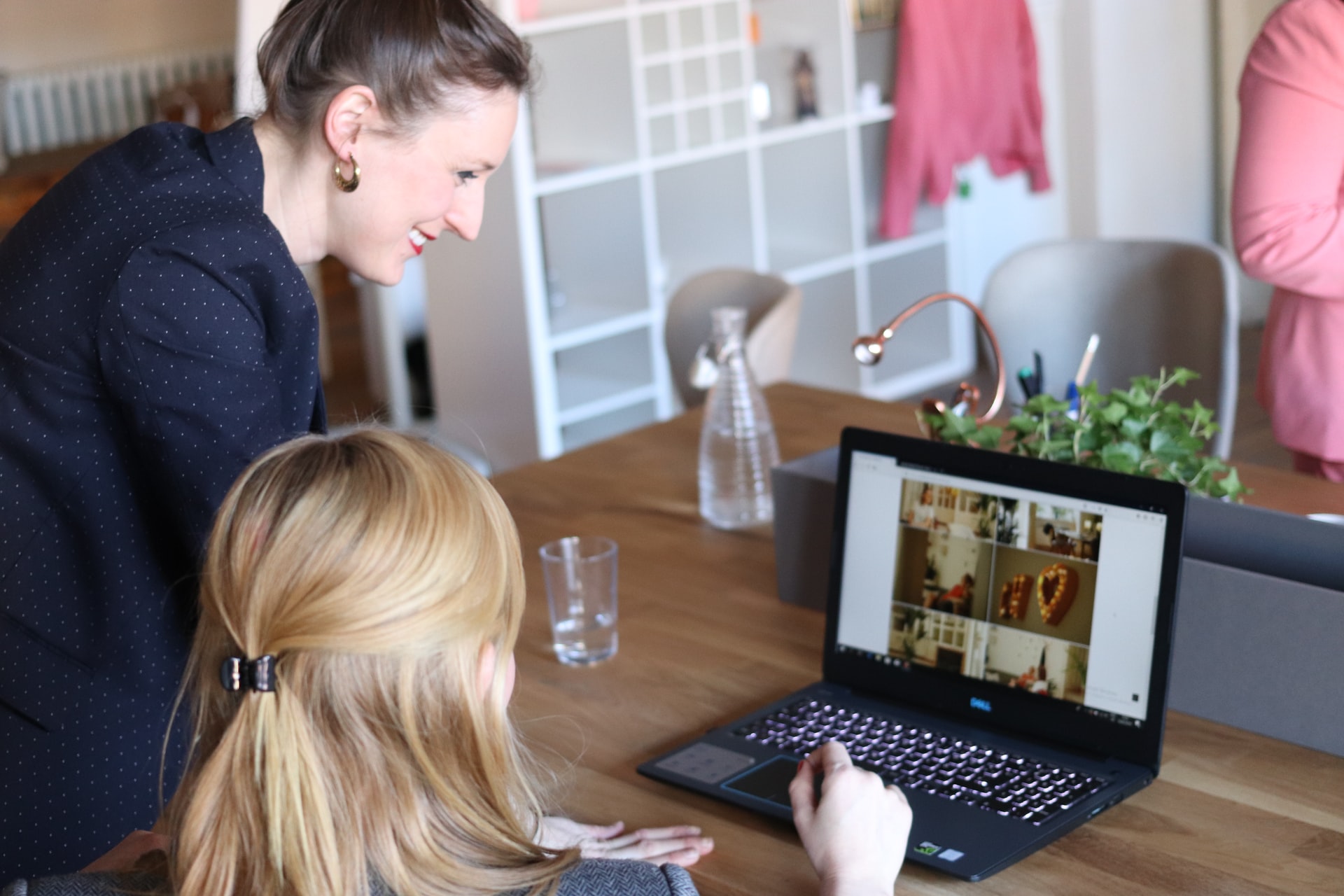Welcome to the Smart Startup English Podcast!
Our goal is to help startup professionals take their English from intermediate to advanced in just 10 minutes at a time. In each episode, we’ll talk about a topic related to the startup world, and we’ll learn some vocabulary that you can use to sound more natural in your day-to-day business interactions in English.
In your opinion, what’s the average age of the founders of successful startups? Are they in their 20s? In their 30s? Their 40s or their 50s?
If you’re like most people, before answering this question you may try to recall the names of a few successful entrepreneurs. So names such as Steve Jobs, Bill Gates, or Sergey Brin might come to mind. Based on these examples, you might be thinking that successful startup founders are in their early 20s.
Well, it turns out that’s not the case.
According to a 2018 analysis conducted by MIT professors and published in the Harvard Business Review, the average age of entrepreneurs at the time they founded their companies was 42 in the United States.
The study focused on businesses that were close to the definition of a startup, using indicators such as, venture capital investments, industry, and location.
But do you think the age of the founder influences the success of the startup?
The study found that the founders of the top 0.1% of startups, founded these companies when they were 45 years old, on average.
The same is true in other countries with a growing startup culture.
In Germany, for example, almost 20 percent of tech founders were over the age of 45 in 2016, according to a study by KPMG.
In episode 26, we’ll also teach you 11 English terms you can use to talk about entrepreneur age and general trends.
Here are a few of the expressions we talk about in this lesson:
- an outlier
- to outpace
- whiz kid
- to plunge
Here’s the episode audio.
In this episode, we talk briefly about the German startup scene. For a more in-depth look at German startups, have a look at episode 5 – German startups are going global.
To get our episodes for free, you can also subscribe to the Smart Startup English podcast on iTunes, Soundcloud and Spotify.
If you want to keep practicing the words you’ve learned in this lesson, sign up below to get the episode transcript for free. We’ll also let you know when we release new episodes, and we’ll give you access to ten free Business English audio lessons and worksheets.
You can find Smart Startup English on Instagram, Pinterest, Twitter and Facebook.
Photo by CoWomen (Berlin) via Unsplash

